Child obesity in deprived city areas on the rise
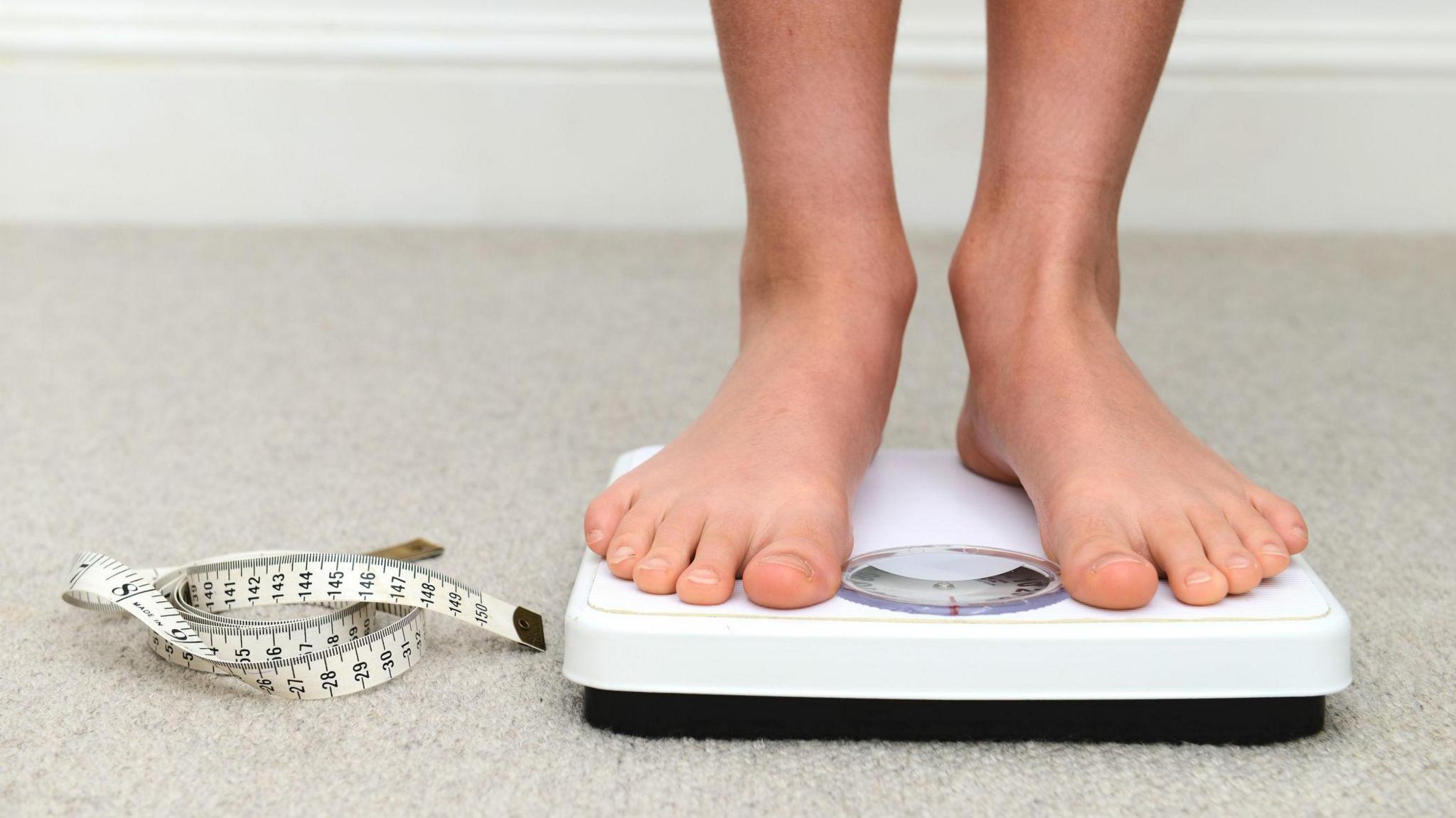
Figures reveal 44.3% of children in the most deprived parts of Southampton are overweight or obese, compared to 23.8% in the least deprived areas
- Published
Inequality in childhood obesity across a city could get even worse in the years ahead, a public health chief has warned.
Figures seen by Southampton City Council show children in more deprived areas of the city are being impacted more by obesity.
The data for 2022/23 shows 40.5% of Southampton’s year six children are overweight and 26% are obese.
Scientists from the University of Southampton have teamed up with the authority to make healthy food more accessible.
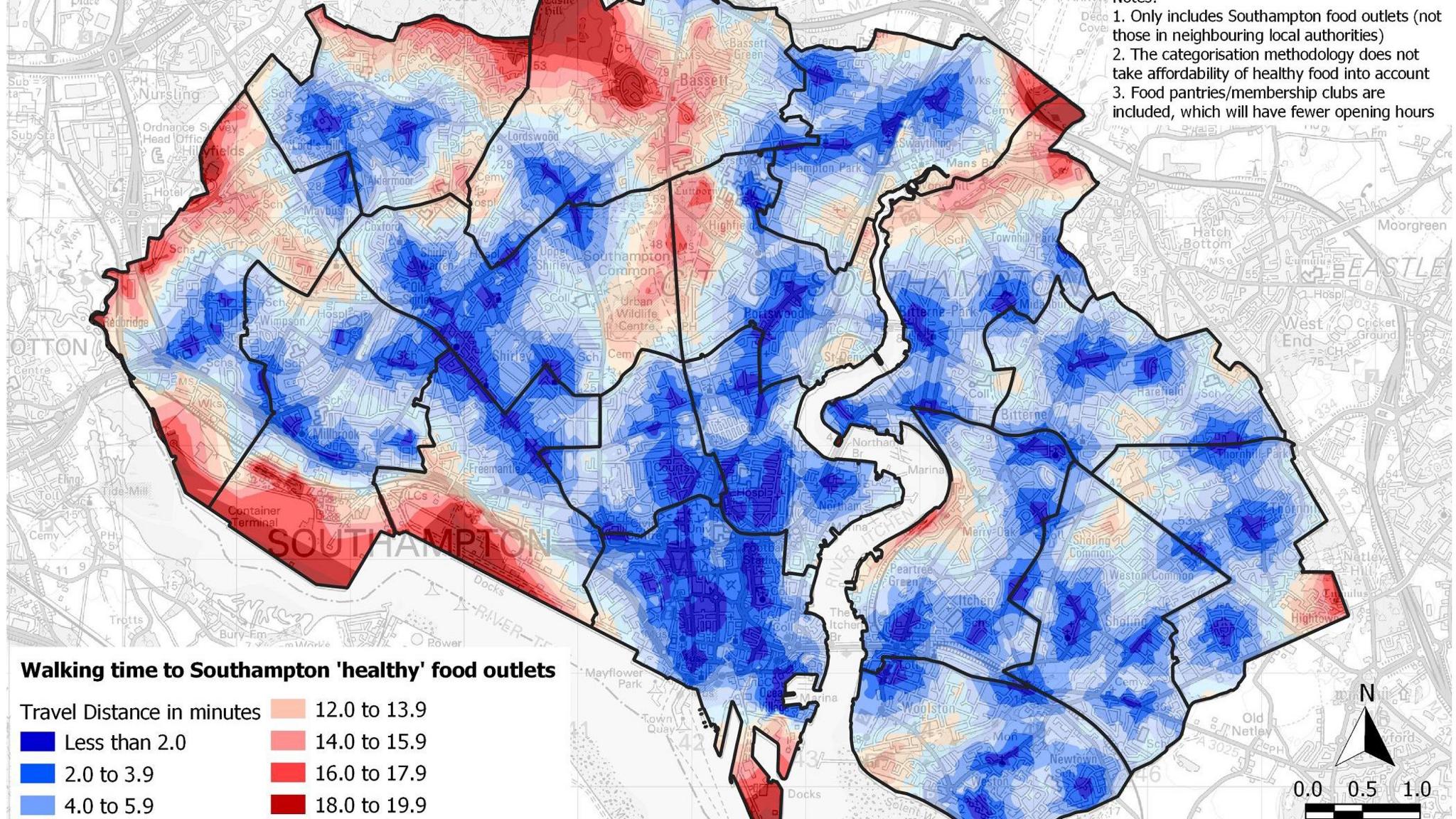
The University of Southampton created a map of the city, showing the travel distance for people to get to a healthy food outlet
The national average for overweight children is 36.6%, while 22.7% are obese.
Southampton's health and wellbeing board looked at a report breaking down the data for children across the city.
Senior public health practitioner and researcher Ravita Taheem said 44.3% of children in the most deprived parts of Southampton are overweight or obese, compared to 23.8% in the least deprived areas.
The board was told the gap had been present for some time, but in recent years the inequality had been increasing.
Debbie Chase, director of public health, said: “We know from the census data over time we are becoming more deprived as a city, so this is going to get worse unless we focus on the drivers.”
Ms Taheem has been leading a team focused on developing a whole-system approach to tackling childhood obesity.

Southampton City Council's health and wellbeing board is now developing a whole system approach to tackling childhood obesity
The University of Southampton has since carried out research highlighting areas in the city which need better access to healthy food options.
Researchers discovered a basket of food, which cost £18 in a large supermarket chain store, was £20 more expensive for the same items when purchased in the company’s smaller shop.
The university study also found more than one in four homes in Southampton were more than a 16 minute walk away from a healthy food outlet.
Dr Jenny Baverstock is leading the university project, she said: “Getting fresh fruit and vegetables can be quite difficult, especially in areas of the city where access to healthy affordable food isn’t easy."
The university is recommending the authority improves the supply of healthier produce, provides healthier options to the city's population and builds on existing partnerships to improve food waste and food bank services.
Dr Baverstock added: “It’s important to tackle the issues of healthy eating and sustainability at a local level, especially as there is an increased trend for obesity in Southampton.”
Follow BBC South on Facebook, external, X (Twitter), external, or Instagram, external. Send your story ideas to south.newsonline@bbc.co.uk, external or via WhatsApp on 0808 100 2240, external.
Related topics
- Published24 January 2024
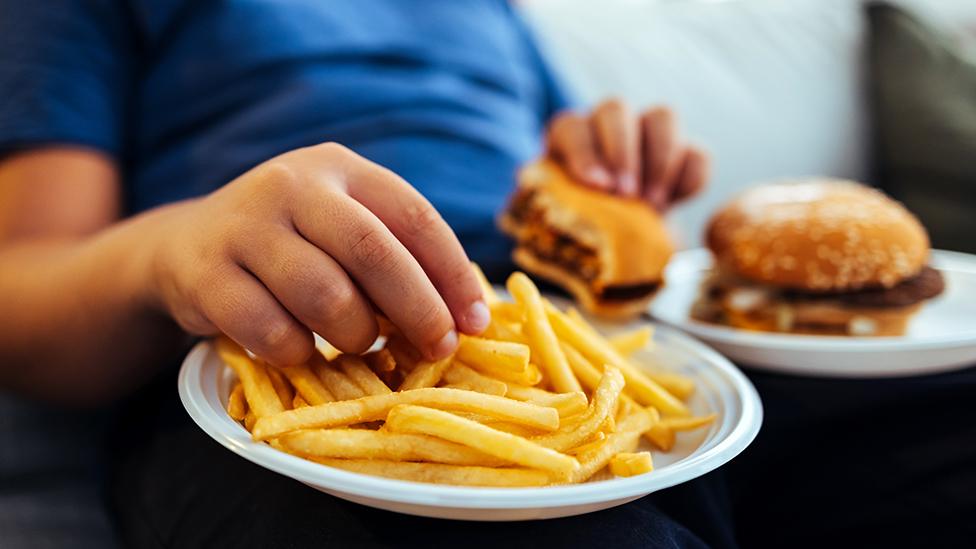
- Published14 March 2024
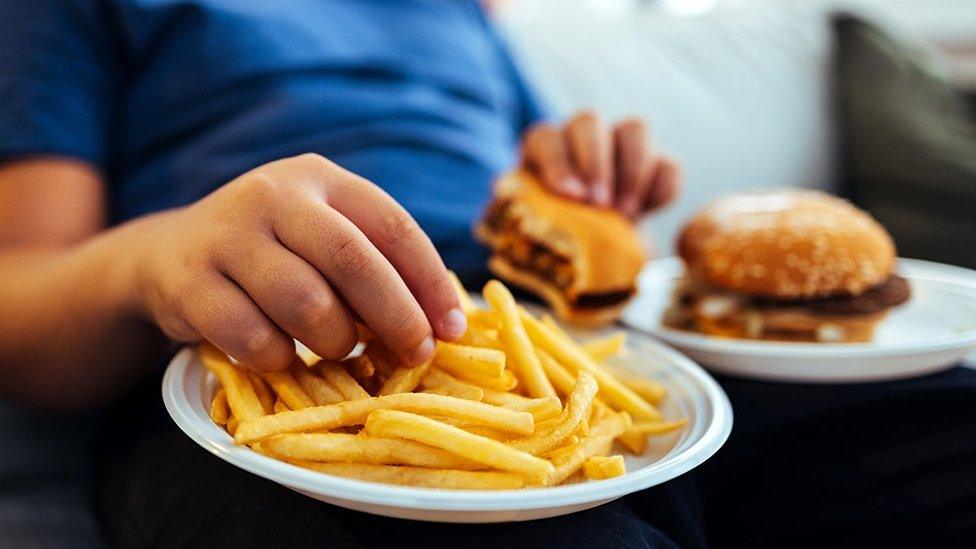
- Published16 June 2024
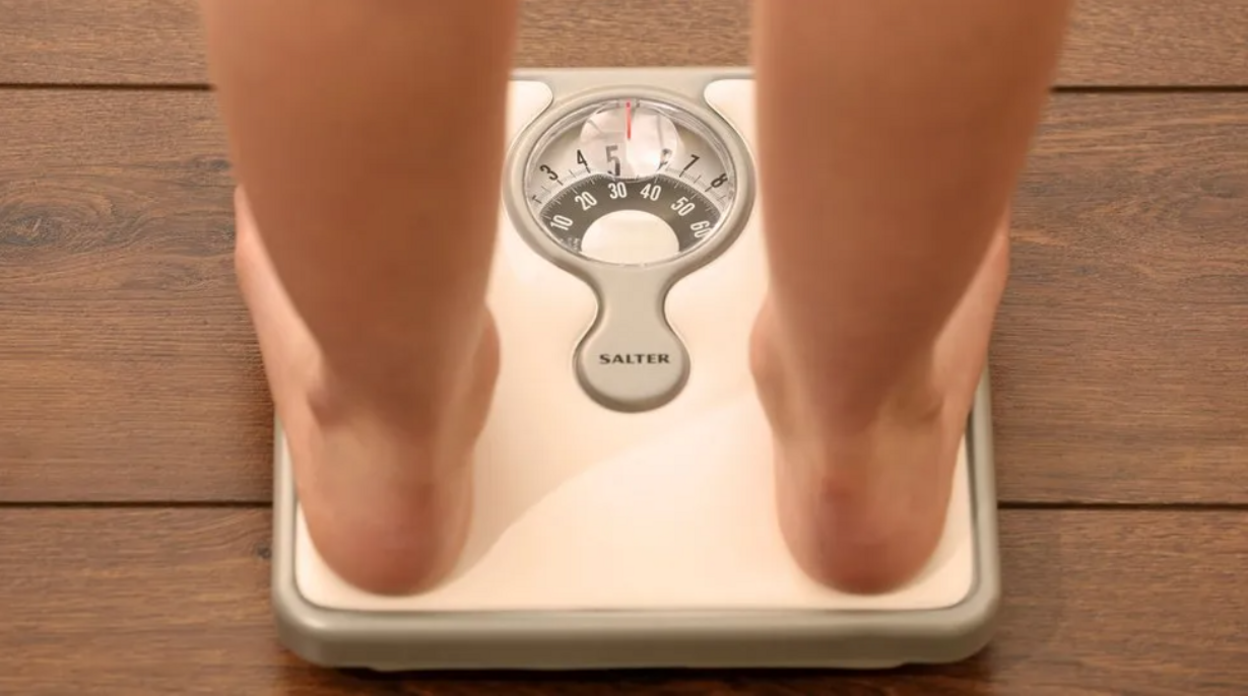
- Published19 October 2023
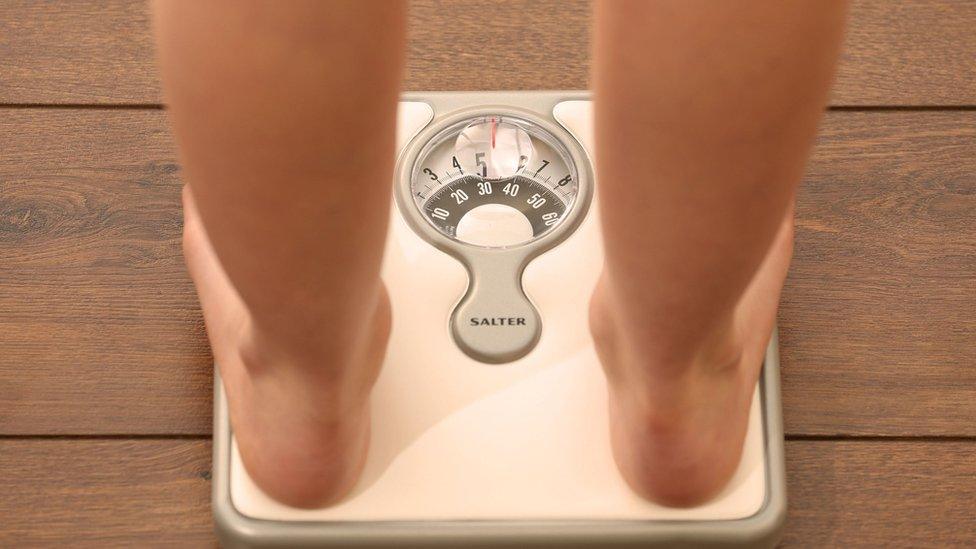
- Published17 November 2021
